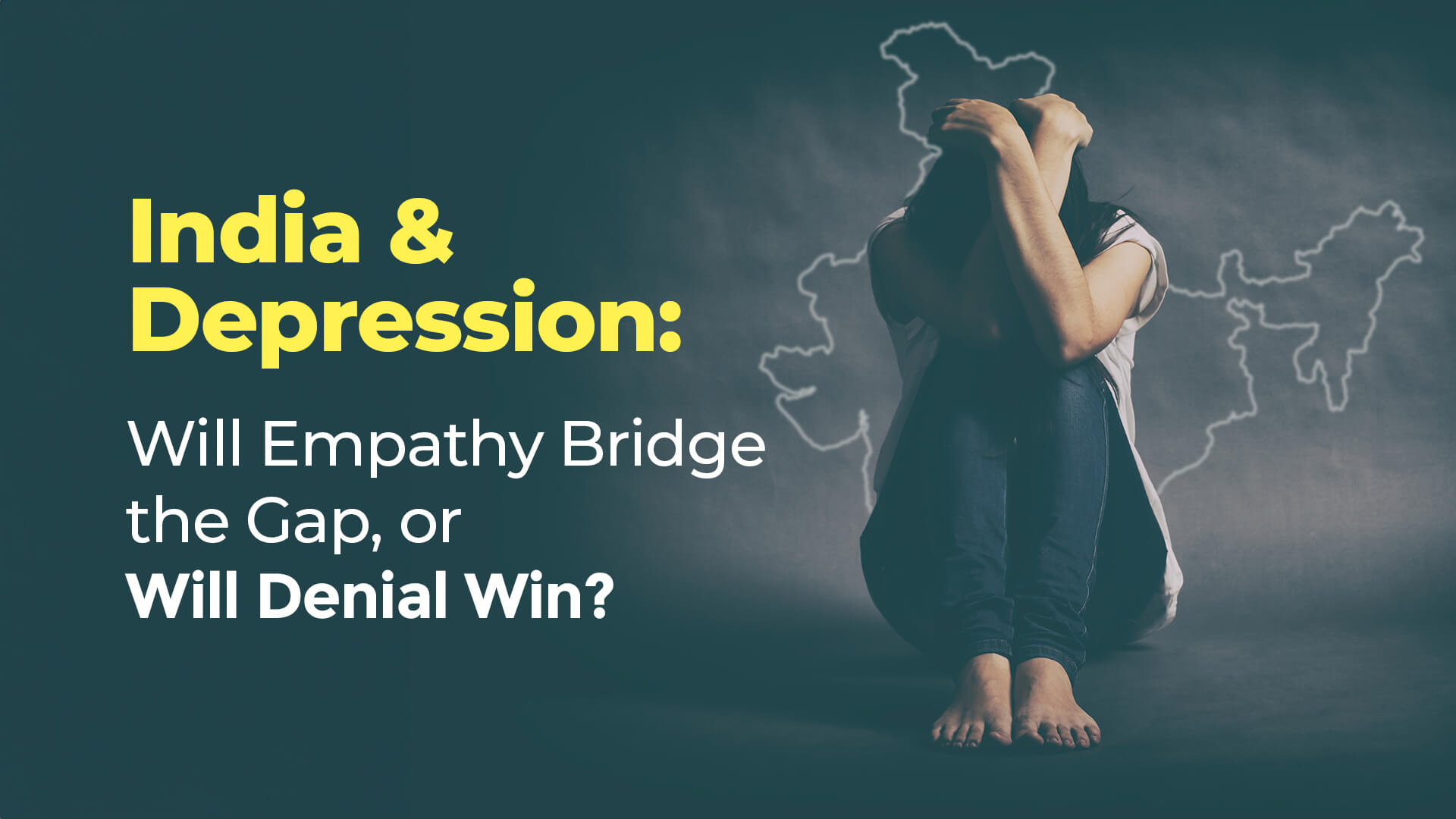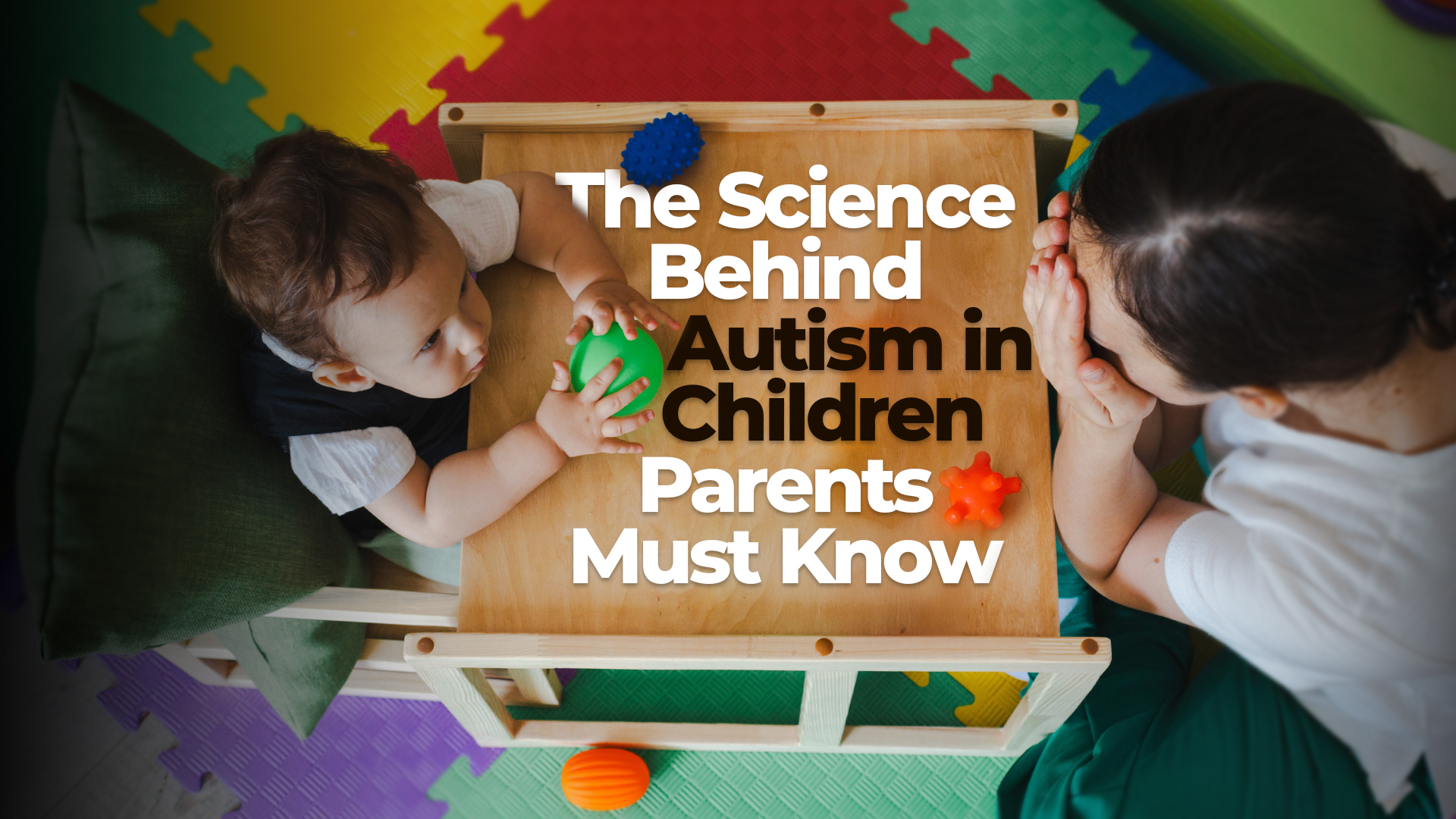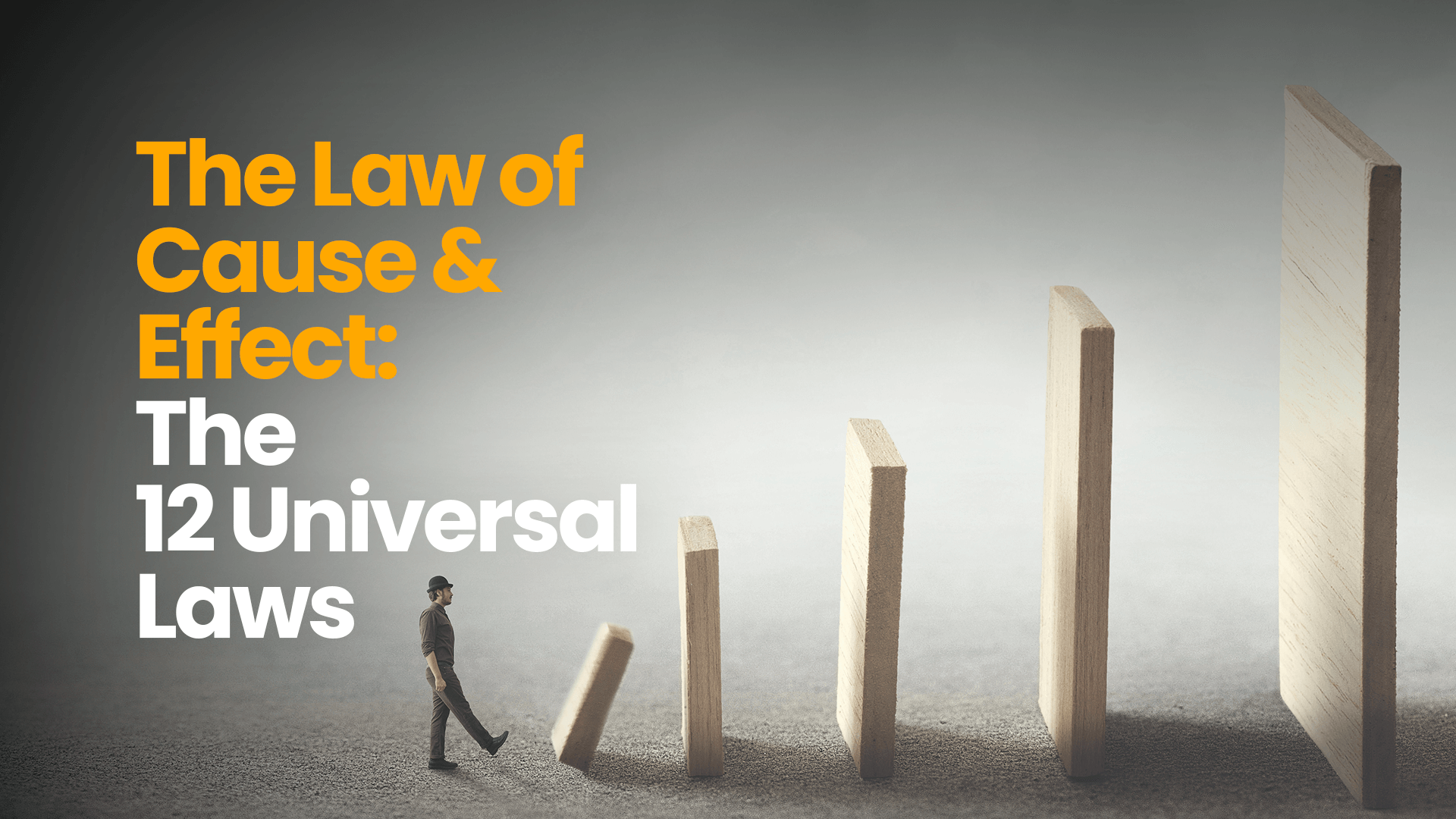In India, mental health is often a taboo subject despite the country’s bustling and colorful society. Depression remains a significant concern with far-reaching impacts that demand attention and understanding.
Without proper acknowledgment, individuals and communities will continue to suffer in silence. It’s time to explore the prevalence of depression in India and recognize the role empathy plays in bringing about a brighter future. Together, we can create positive change and dispel the shadow of denial that has loomed for too long.
Is India Facing Depression?
Depression has become a pressing issue in India in recent times. The fast-paced lifestyle, social pressure, and the ever-increasing demands of the modern world have taken a toll on the mental health of many Indians. It’s no longer a distant concept but rather a harsh reality that we must confront.
Depression is a condition that affects people of all ages, genders, and backgrounds. It doesn’t discriminate and can affect anyone, regardless of their status in society. It’s a complex and multifaceted condition that requires careful attention and treatment. Without proper care and support, depression can be a debilitating and life-threatening condition. However, with the right approach, it can be managed and treated effectively.
Is Depression High in India?
Recent statistics have revealed a disturbing trend – depression rates in India are steadily increasing. This silent battle is being fought by many behind closed doors due to various factors, such as the societal pressure to succeed, lack of awareness, and the stigma associated with mental health issues. These factors combined have contributed to the high prevalence of depression in India, and it is a concerning picture that needs to be addressed.
Recent Stats on Depression in India
1. National Mental Health Survey 2015-16
One out of every 20 Indians suffers from depression, and nearly 15% of adults require active intervention for one or more mental health issues, according to the World Health Organization.
2. Global Burden of Disease 2020
According to the National Centre for Biotechnology Information, the point prevalence of unipolar depressive episodes is 1.9% for men and 3.2% for women, while the one-year prevalence is 5.8% for men and 9.5% for women.
3. Prevalence And Socioeconomic Impact Of Depressive Disorders In India (2023)
As per the National Centre for Biotechnology Information, lifetime and current prevalence rates of depressive disorders are estimated at 5.25% and 2.68%, respectively. Higher rates are observed in the age group of 40-59.
Specific Groups:
Youth:
A UNICEF survey conducted in 2021 found that about 14% of individuals aged 15-24 experienced frequent feelings of depression or disinterest.
WHO data (2023):
The percentage of young adults aged 18-24 who experienced depression increased from 9.3% in May 2020 to 16.8% in March 2022.
Employees:
According to a survey conducted by Deloitte in 2021-2022, 59% of employees reported experiencing symptoms of depression.
What Do Trends Say
According to a report by The Times of India, rates of depression have been estimated to range from 31% to 57% in this demographic. Additionally, the National Centre for Biotechnology Information predicts that if current trends continue, depression could become the second leading cause of disability-adjusted life years by 2020.
Is India Facing a Mental Health Crisis?
Despite the fact that mental health issues affect a significant number of people, the associated stigma often acts as a barrier that prevents individuals from seeking help. It is imperative that we acknowledge the severity of this issue and take steps towards creating a society that prioritizes and supports mental well-being.
Let’s join hands to shatter the silence and spread empathy around us. Share your experiences and lend a compassionate ear to those who are struggling. Together, we can make a difference.
What is the Major Mental Illness in India?
It is crucial to recognize that mental health issues are multifaceted, and depression is just one of the many prevalent conditions. In India, anxiety disorders, stress-related conditions, and mood disorders are also significant contributors to the mental health landscape.
These conditions can have various symptoms and manifestations, and it is essential to understand them to provide appropriate care and support to those who are affected.
Insightful Tidbit
According to a recent study conducted by the National Institute of Mental Health and Neurosciences (NIMHANS), a staggering 10.6% of the Indian population suffers from mental health issues. This equates to approximately 140 million people who are dealing with conditions such as depression, anxiety, bipolar disorder, and schizophrenia.
The survey, which was conducted in 2021, covered over 100,000 individuals across 12 states, making it one of the most comprehensive assessments of mental health in India. The results emphasize the significant burden of mental illness in the country, which has been worsened by various factors such as:
- Social stigma: Mental health issues in India are often stigmatized and misunderstood, leading to underreporting and delayed treatment.
- Limited access to care: India has only 0.3 psychiatrists per million people, leading to a severe shortage of mental health professionals and limited access to care.
- Economic constraints: The cost of mental health care can be prohibitive, especially in rural areas.
Although there are some challenges, the significance of mental health in India is becoming more recognized. The government has introduced various initiatives to enhance mental health services, including the National Mental Health Mission and the establishment of mental health helplines. Moreover, several NGOs and private organizations are working towards providing mental health care and support to those who require it.
What are the 3 Levels of Depression?
The severity of depression can vary from person to person, and it is vital to categorize it into different levels based on the severity of the symptoms. This process helps mental health professionals in choosing the most appropriate treatment plan for individuals suffering from depression.
Here are the three primary levels of depression:
1. Mild Depression:
Symptoms are present but are not severe enough to significantly interfere with daily life.
Symptoms may include:
- Feeling down or sad most of the day, nearly every day
- Loss of interest or pleasure in activities once enjoyed
- Changes in appetite and weight
- Changes in sleep patterns
- Feeling tired or having low energy
- Difficulty concentrating or making decisions
- Feeling worthless or guilty
- Thoughts of death or suicide
2. Moderate Depression:
Symptoms are more severe and can significantly interfere with daily life and work.
Symptoms may include all of the symptoms of mild depression, plus:
- Feeling restless or agitated
- Slowed speech or movement
- Loss of interest in sexual intimacy
- Suicidal thoughts or plans
3. Severe Depression (Major Depressive Disorder):
Symptoms are very severe and make it almost impossible to function normally.
Symptoms may include all of the symptoms of moderate depression, plus:
- Delusions or hallucinations (thinking or seeing things that are not there)
- Catatonic stupor (a state of near-total immobility)
Is Depression Bad for Your Body?
Certainly! The relationship between our mental and physical health is immensely significant. If we leave depression untreated, it can have a detrimental impact on our physical health. People with depression might experience sleep problems, weakened immune systems, and other issues that affect their overall well-being.
To ensure your mental and physical well-being, it is crucial to adopt healthy habits like:
- regular exercise
- consuming a nutritious and balanced diet
- getting enough sleep
- practicing relaxation techniques such as meditation or deep breathing
- maintaining good hygiene
- staying hydrated
- taking breaks from technology to reduce screen time
These habits can improve your physical health, boost your mood, reduce stress levels, and enhance your overall well-being.
Do People Fully Heal from Depression?
Depression recovery is a complex and challenging road, and its course is unique for every person. However, with the proper support network, expert guidance, and dedication to self-care, many individuals can find their way toward healing and recovery.
It is a journey that requires patience, perseverance, and courage, but with the right mindset and resources, triumph over depression is possible. To find hope and inspiration, you may read personal accounts of people who have successfully overcome depression.
Can a Depressed Person Live a Normal Life?
Despite common misconceptions, depression is a treatable condition, and those affected can lead fulfilling lives with the proper support and interventions. Seeking professional help, such as therapy, medication, or holistic approaches, can be instrumental in improving one’s ability to manage and overcome depression. With the right tools and resources, individuals can regain their sense of well-being and live a happy, healthy life.
Life-Changing Resources:
Life Coaching
Life Coaching is a powerful tool that can help you navigate through life’s challenges, including depression. By working with a trained life coach, you can explore the root causes of your depression, identify obstacles, and develop strategies to overcome them.
Whether you’re struggling with low mood, lack of motivation, or feelings of hopelessness, life coaching can help you find the support and guidance you need to move forward. By setting achievable goals and building a positive mindset, a life coach can help you rediscover your sense of purpose and find greater fulfillment in life.
Mindset Coaching
Mindset coaching can also offer support to individuals who are struggling with depression. By helping individuals identify and challenge negative thought patterns, a mindset coach can empower them to take control of their mental health.
Mindset coaching can also provide individuals with the tools they need to develop a more positive and optimistic outlook on life, which can be particularly beneficial for those struggling with depression. While mindset coaching is not a substitute for professional mental health care, it can be a valuable complement to other forms of treatment and can help individuals feel more empowered and in control of their mental health.
Money & Abundance Coaching
It is worth noting that financial stress can have a significant impact on mental health, with money troubles often being one of the leading causes of depression. By working with a money & abundance coach and addressing any negative beliefs or behaviors around money, you can not only improve your financial situation but also reduce stress and anxiety levels, which can ultimately lead to improvements in mental health and overall well-being.
To sum up, the prevalence of depression in India is a concerning issue that demands attention and understanding. Despite the stigma attached to mental health issues, it’s essential to recognize that depression is a treatable condition, and those affected can lead fulfilling lives with the proper support and interventions.
With the right tools and resources, individuals can regain their sense of well-being and live a happy, healthy life. It’s time to break the silence on mental health in India and work together to create a brighter future for all.
If you’re serious about healing and overcoming depression, it’s time to take action. Don’t wait any longer. Reach out to Dr. Chandni, your personalized life coach, today!
Reach Dr. Chandni’s support team at +918800006786 and book an appointment.











2 comments